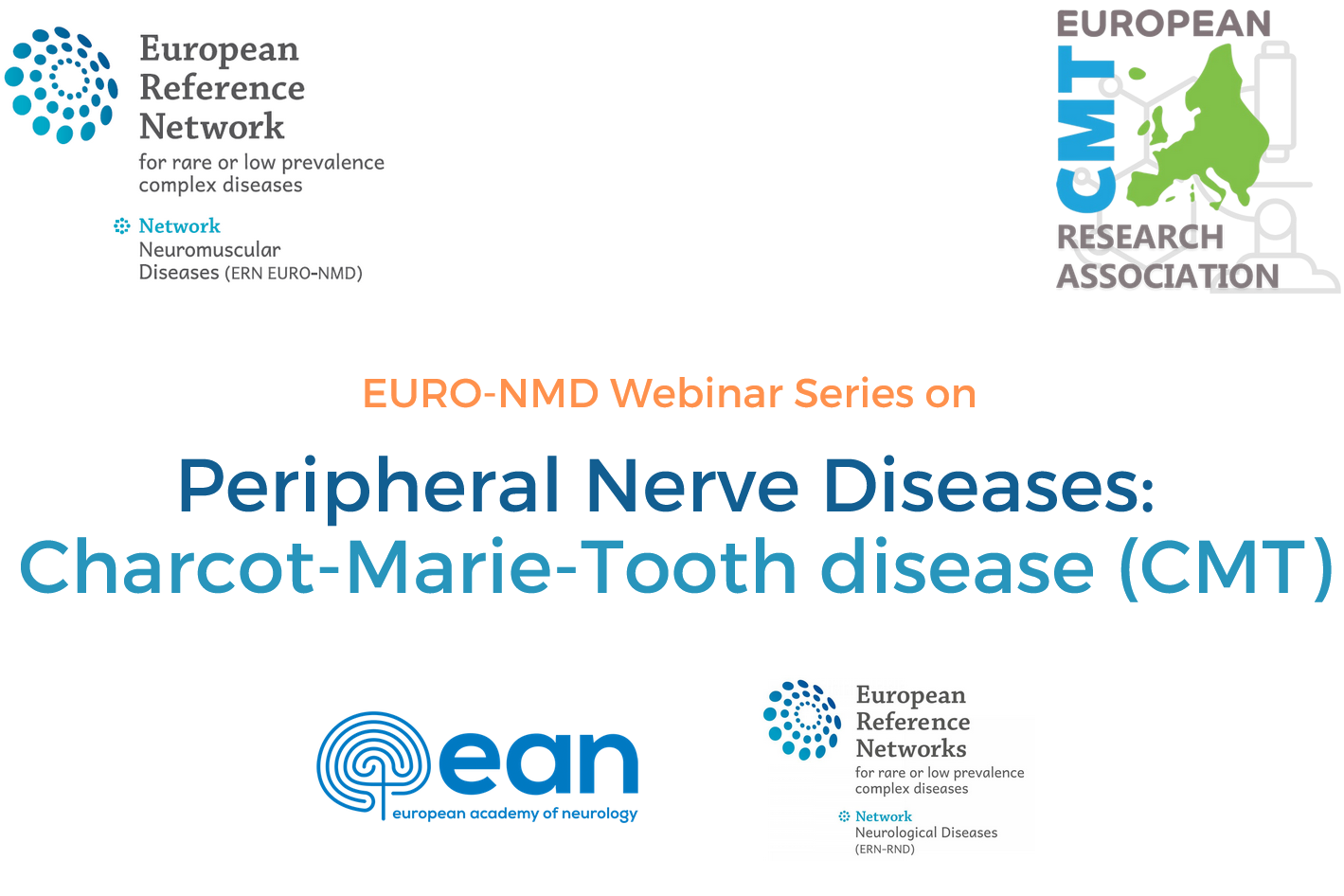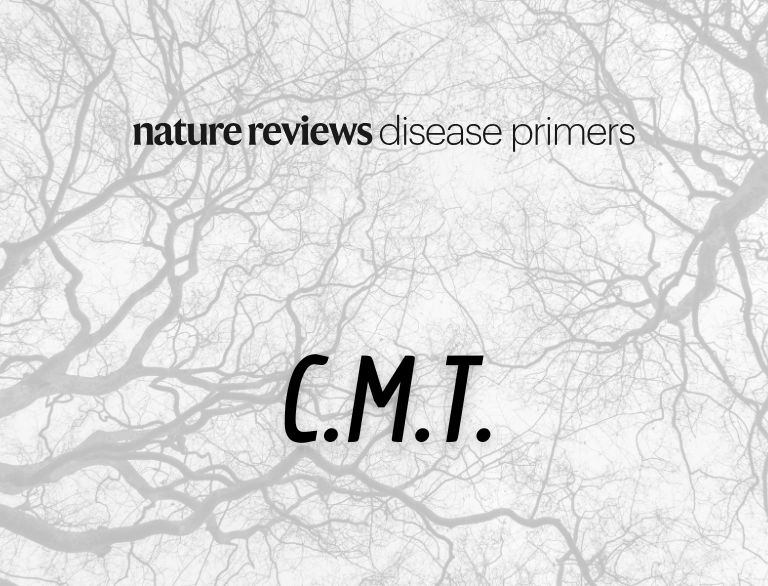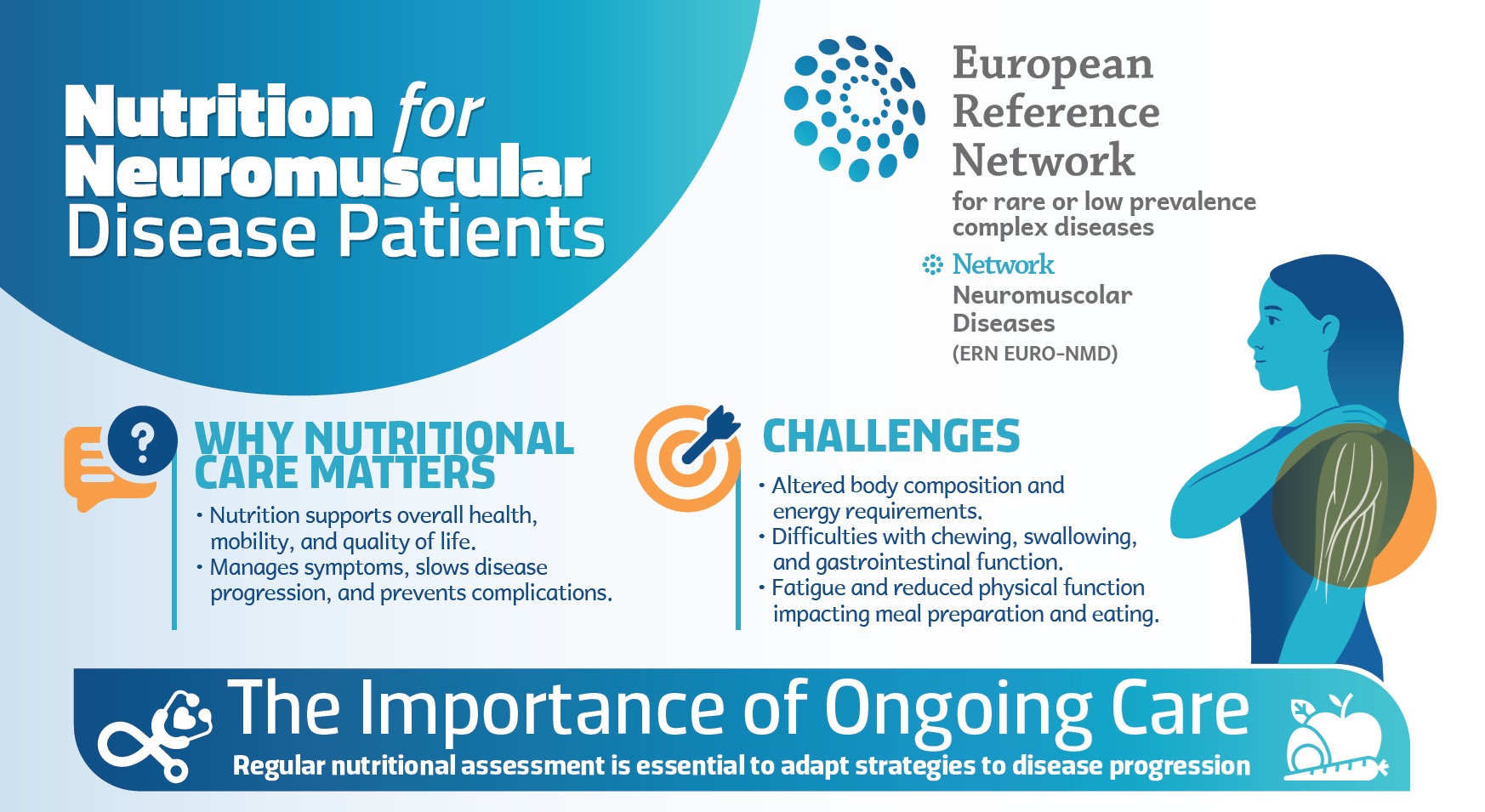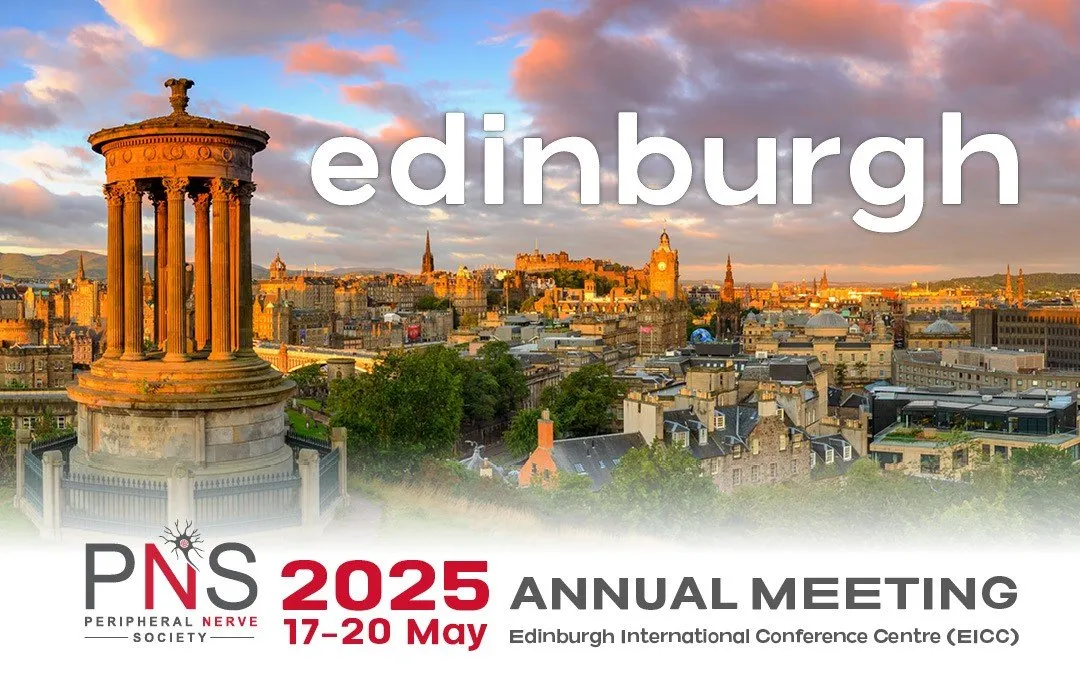A recent survey conducted by the European CMT Federation (ECMTF) and the European CMT Research Association (ECRA) reveals a strong desire among individuals with Charcot-Marie-Tooth (CMT) disease and other inherited neuromuscular diseases (iNMDs) to actively participate in research. The report, “Patient Readiness for Partnership in Research on inherited Neuromuscular Diseases (iNMD),” underscores the importance of patient involvement in driving forward the development of new therapies.
The comprehensive survey, which gathered responses from 18 patient advocacy groups across Europe and the United States, sheds light on the willingness of the CMT community to move beyond the role of passive recipients of care and become active partners in the research process. This “Patients as Partners” approach is crucial for ensuring that research is patient-centric and addresses the real-world needs of those living with CMT.
Key Findings: A Clear Call for Collaboration
The report highlights several key findings that have significant implications for the global CMT community:
- High Interest in Research: The survey demonstrates a significant interest among patients in being informed about and participating in research. Over 60% of the organizations reported a high to very high demand for information on new research advancements and clinical trials.
- Willingness to Participate: A large majority of the patient organizations (72.2%) have been involved in research or clinical trials in the past three years. This involvement has taken various forms, including funding research, promoting trial recruitment, and disseminating results.
- Barriers to Engagement: Despite the enthusiasm, the report also identifies significant barriers that prevent more active participation. The most prominent challenges include a lack of awareness of partnership opportunities, the logistical challenges of participating in research, and the time commitment required.
- The Path Forward: To overcome these hurdles, the report emphasizes the need for clear and accessible information. Plain language summaries of research opportunities and results were identified as a top priority. Additionally, the development of dedicated platforms to connect patients with researchers and funding to support patient engagement are seen as crucial steps.
What This Means for CMT Patients Worldwide
The findings of this survey are a powerful testament to the proactive stance of the CMT community. They send a clear message to researchers, pharmaceutical companies, and policymakers that patients are not just subjects of study, but valuable collaborators who can provide unique insights into living with the disease.
This report serves as a roadmap for fostering more meaningful and effective partnerships. By addressing the identified barriers and implementing the suggested solutions, the research community can better harness the knowledge and experience of patients to accelerate the development of effective treatments for CMT.
The ECMTF is committed to championing the “Patients as Partners” model and will use the insights from this survey to guide its future initiatives. We believe that by working together, we can ensure that the path to a cure is paved with collaboration, communication, and a shared commitment to improving the lives of everyone affected by CMT.
We encourage all members of the CMT community to read the full report to gain a deeper understanding of this important research.






